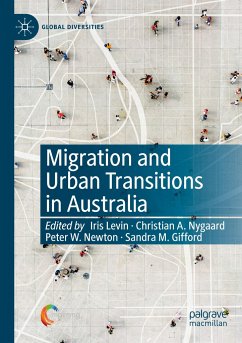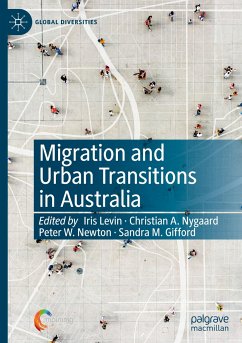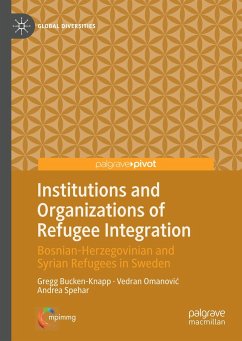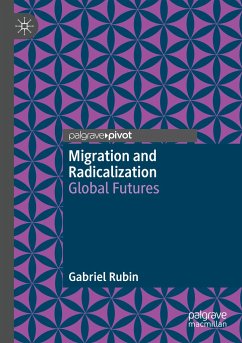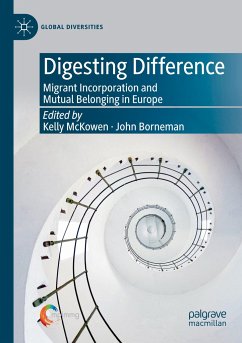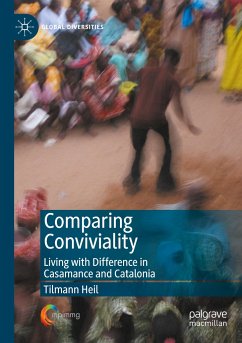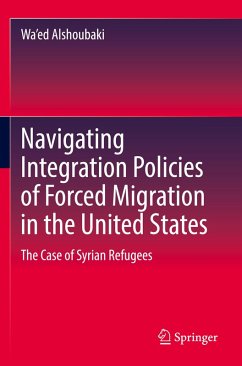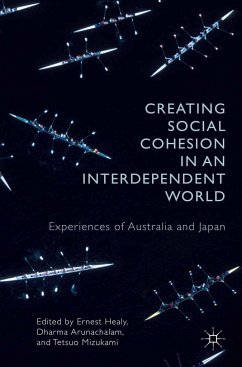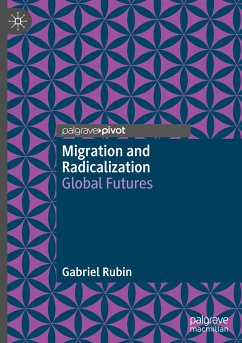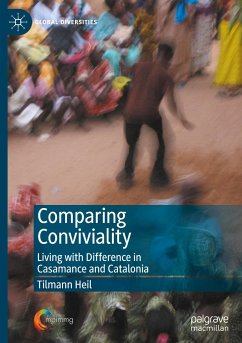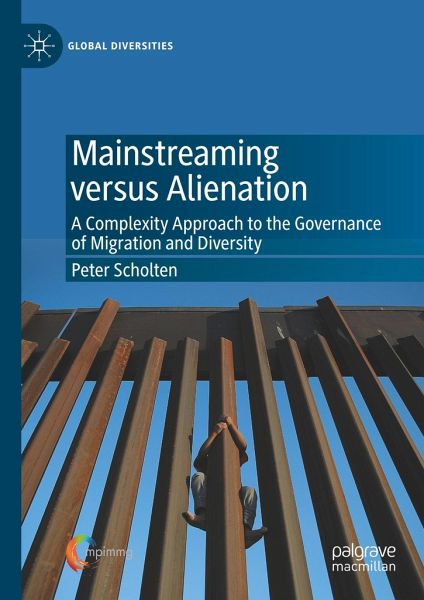
Mainstreaming versus Alienation
A Complexity Approach to the Governance of Migration and Diversity
Versandkostenfrei!
Versandfertig in 6-10 Tagen
38,99 €
inkl. MwSt.
Weitere Ausgaben:

PAYBACK Punkte
19 °P sammeln!
This book explores the role of complexity in the governance of migration and diversity. Current policy processes often fail to adequately capture complexity, favouring 'quick fix' approaches to regulation and integration that result in various forms of alienation: problem alienation, institutional alienation, political alienation and social alienation.Scholten draws on literature from gender and environmental governance to develop 'mainstreaming', an approach that reframes migration as a contingent and emergent process made up of complex actor networks, rather than a one-size-fits-all policy m...
This book explores the role of complexity in the governance of migration and diversity. Current policy processes often fail to adequately capture complexity, favouring 'quick fix' approaches to regulation and integration that result in various forms of alienation: problem alienation, institutional alienation, political alienation and social alienation.
Scholten draws on literature from gender and environmental governance to develop 'mainstreaming', an approach that reframes migration as a contingent and emergent process made up of complex actor networks, rather than a one-size-fits-all policy model. By ensuring actors understand and respond to complexity, migration research can contribute to reflexivity in policy processes, help to promote mainstreaming, and prevent alienation. The result will be of interest to students and scholars of migration and governance studies, with a focus on policymaking and integration.
Scholten draws on literature from gender and environmental governance to develop 'mainstreaming', an approach that reframes migration as a contingent and emergent process made up of complex actor networks, rather than a one-size-fits-all policy model. By ensuring actors understand and respond to complexity, migration research can contribute to reflexivity in policy processes, help to promote mainstreaming, and prevent alienation. The result will be of interest to students and scholars of migration and governance studies, with a focus on policymaking and integration.





